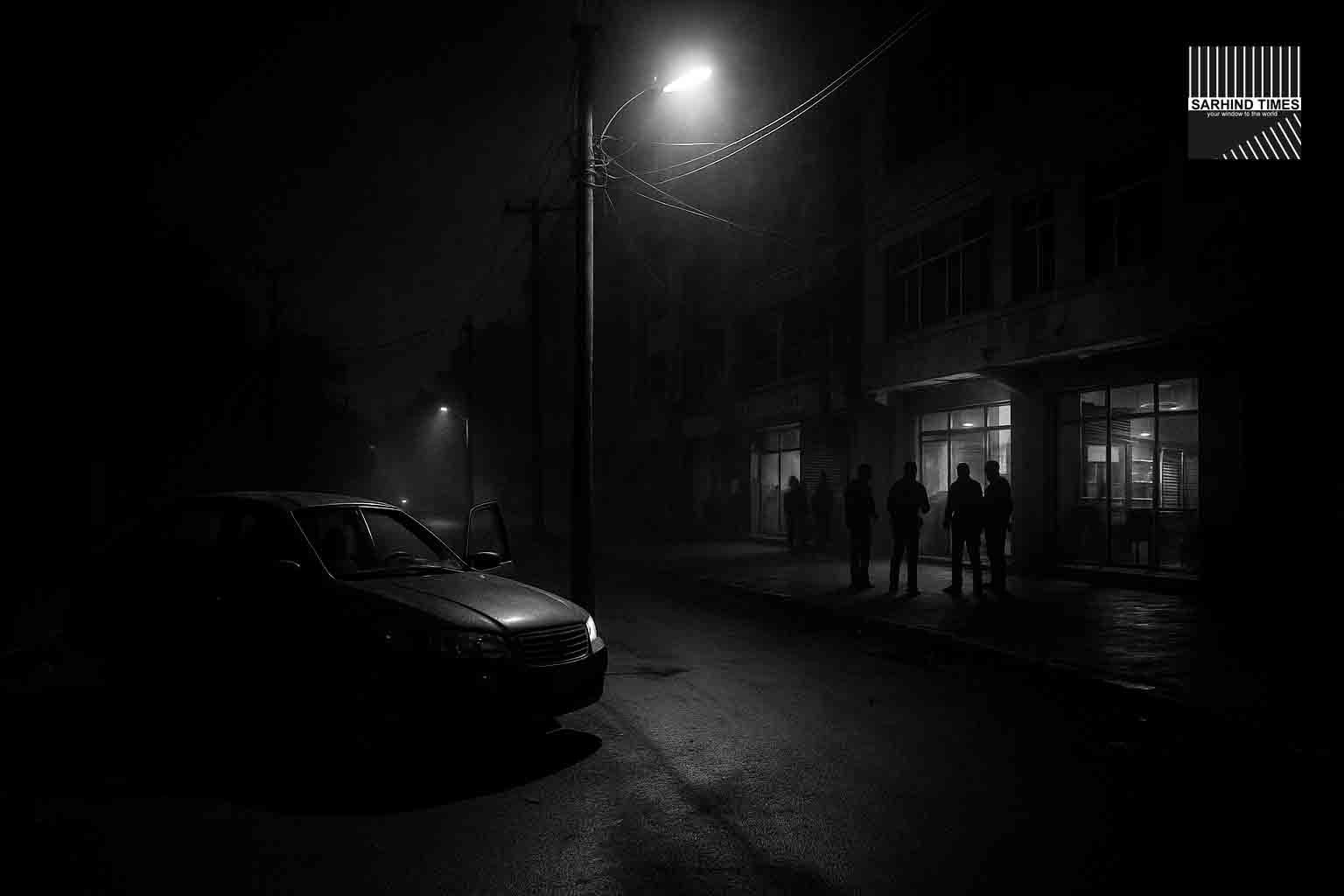A Case That Stuns Gurugram
Gurugram, one of India’s most prominent urban and commercial centers, has once again been jolted by a shocking crime. Police have arrested two young men, aged 18 and 19, for allegedly abducting and raping a 17-year-old Class 11 student while she was on her way to tuition classes. The case has been registered under the Protection of Children from Sexual Offences (POCSO) Act and the Bharatiya Nyaya Sanhita (BNS).
This incident—occurring in a city known for its corporate towers, luxury housing, and high aspirations—reminds citizens of the stark vulnerabilities that persist for teenagers navigating daily routines.
The Incident: How the Crime Unfolded
According to the First Information Report (FIR) and the family’s complaint:
- The 17-year-old student was intercepted by two men who had reportedly interacted with her earlier on Instagram.
- The accused forcibly pushed her into a car and drove her to a secluded location.
- There, she was sexually assaulted before being dropped near her residence later in the evening.
- Her family found her in a distressed state and immediately contacted the police.
Police said both suspects were apprehended within hours, and preliminary questioning led to their confession.
The Law: POCSO and BNS in Action
The FIR includes provisions under:
- POCSO Act: A special law enacted to safeguard children under 18 against sexual offences. It mandates fast-track investigations, child-friendly procedures, and severe penalties.
- Bharatiya Nyaya Sanhita (BNS): India’s new criminal law framework replacing IPC provisions. Relevant sections relating to abduction, sexual assault, and conspiracy have been invoked.
Legal experts note that combining POCSO and BNS ensures maximum legal protection for the survivor and accountability for the perpetrators.
The Investigation: Building a Strong Case
Gurugram Police have outlined steps to ensure watertight prosecution:
- Digital Forensics: Chat logs, social media records, and location pings are being retrieved.
- Medical Evidence: Survivor’s medical reports will be key to corroborating her statement.
- Witness Accounts: CCTV footage from the tuition route and nearby areas is being scanned.
- Confessional Statements: While initial admissions have been recorded, investigators stress reliance on corroborative evidence.
Officials assured that the charge-sheet will be filed swiftly, in keeping with POCSO’s mandate for time-bound trials.
Online Grooming: A Modern Threat
The case underscores the risks posed by digital platforms in teen lives. Social media apps like Instagram can serve as gateways for predatory behavior.
Child-safety experts highlight:
- Online Grooming: Predators use casual chats, flattery, and false identities to build trust.
- Privacy Gaps: Teens often overshare personal details without security filters.
- Need for Awareness: Parents and schools must educate teens on reporting suspicious interactions.
Police have urged families to activate privacy settings, limit direct messages from strangers, and encourage open dialogue with children about online safety.
Community Shock: Parents and Students Speak Out
Local residents and parents expressed shock and fear after news of the crime broke:
- “We send our children to tuition classes thinking they are safe. Now we feel we need to escort them everywhere,” said one parent.
- Students themselves voiced anxiety: “We walk in groups, but it still feels unsafe at night. The city needs better patrolling.”
These reactions highlight a crisis of confidence in public safety in Gurugram, a city often portrayed as India’s aspirational future.
Child-Rights Groups: Call for Systemic Reforms
Advocacy groups condemned the crime and demanded:
- Fast-track trials under POCSO to ensure justice within months, not years.
- Safety zones around tuition hubs, including CCTV coverage and patrol units.
- Community awareness campaigns on online grooming and sexual violence.
- Public helplines more visible for teens to access quickly in distress.
Some groups also pressed tech platforms to work more closely with law enforcement to flag predatory behavior before it escalates.
Gurugram’s Crime Profile: A Troubling Pattern
This case adds to a string of troubling incidents in NCR:
- Extortion and gang violence linked to real estate.
- Assaults on women and minors near transport hubs.
- Rising cybercrimes targeting youth.
While Gurugram’s image is one of global corporates and startups, the shadow of law-and-order challenges undermines its promise of being a world-class city.
The Broader Context: National Challenge of Women & Child Safety
Beyond Gurugram, India continues to grapple with sexual violence against women and children. NCRB data shows thousands of cases filed annually under POCSO, with conviction rates still a concern.
Nationally, policymakers are urged to:
- Strengthen urban safety infrastructure.
- Enhance digital literacy for children.
- Ensure speedy judicial processes to avoid survivor fatigue.
This case serves as yet another call for systemic, not reactive, solutions.
Conclusion: Beyond Arrests, A Need for Vigilance
While the swift arrest of the two accused provides initial reassurance, the true measure of justice will be:
- A fair and timely trial.
- Strong institutional reforms to protect teens.
- A culture of vigilance among parents, educators, and communities.
The survivor’s courage in reporting the case, and her family’s quick action, has already set a precedent. It is now on authorities, civil society, and citizens to ensure that her pain translates into systemic change.
#Gurugram #POCSO #Crime #ChildSafety #Instagram #LawAndOrder #Haryana #WomenSafety #SarhindTimes




+ There are no comments
Add yours